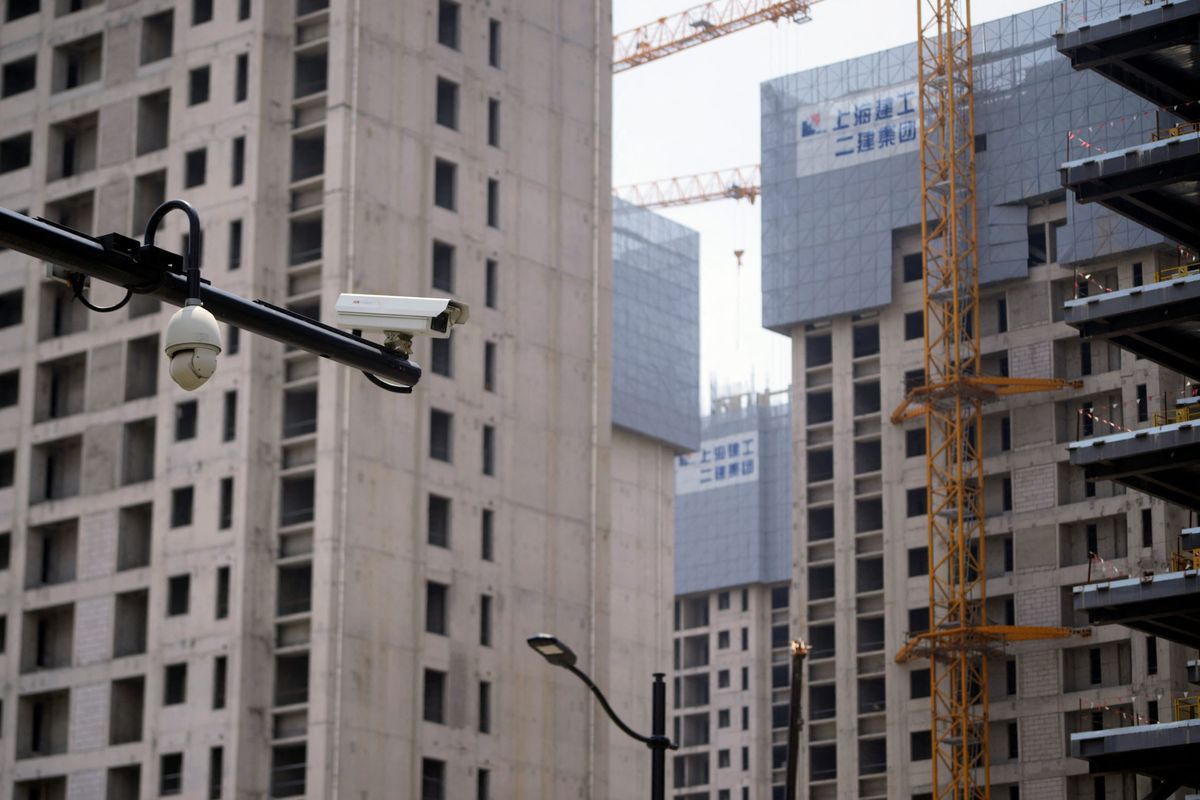China’s bursting housing bubble, explained

A few minutes every morning is all you need.
Stay up to date on the world's Headlines and Human Stories. It's fun, it's factual, it's fluff-free.
In China, residential housing makes up about a quarter of domestic output. And this market is crashing. For years, preselling housing real estate made it easy for developers to snag loans; they could buy more land and keep building. Two years ago, though, President Xi cracked down on these lending practices, halting funding for developers. But, they couldn’t finish the homes they borrowed money for because they’d already spent it on their next projects. And, those unfinished homes had already been presold.
This summer, hundreds of thousands of Chinese homeowners got together, refusing to repay loans they’d taken out on unfinished properties. Now, the Chinese government is pushing stimulus into the real estate market; billions have gone into bank loans, interest rate cuts and support for developers. Plus, the government wants to restructure weaker developers. At the upcoming CCP congress, this property crisis will be addressed. And, with a new premier (China’s top economic official) coming in next March, we could see shifts in economic policy.
Key comments:
“China’s property downturn has turned into a crisis of confidence that only the government can fix. If falling sales tip more developers into distressed territory, things will get worse. The distressed firms will halt construction on more presold homes, hitting buyers’ confidence further. Our rough estimate is that about 2m unfinished homes presold by Chinese developers are now in limbo. This has shattered confidence in this market,” S&P said.
“Life is extremely difficult, and we can no longer afford the monthly mortgage. We have to take risks out of desperation and follow the path of a mortgage strike,” homeowners in China’s central Hunan Province wrote in a letter to local officials in July.
“The next stage of the property crisis is the transmission of losses from property developers to China’s financial system,” explains Logan Wright, a Hong Kong-based partner at consultancy Rhodium Group.




Comments ()